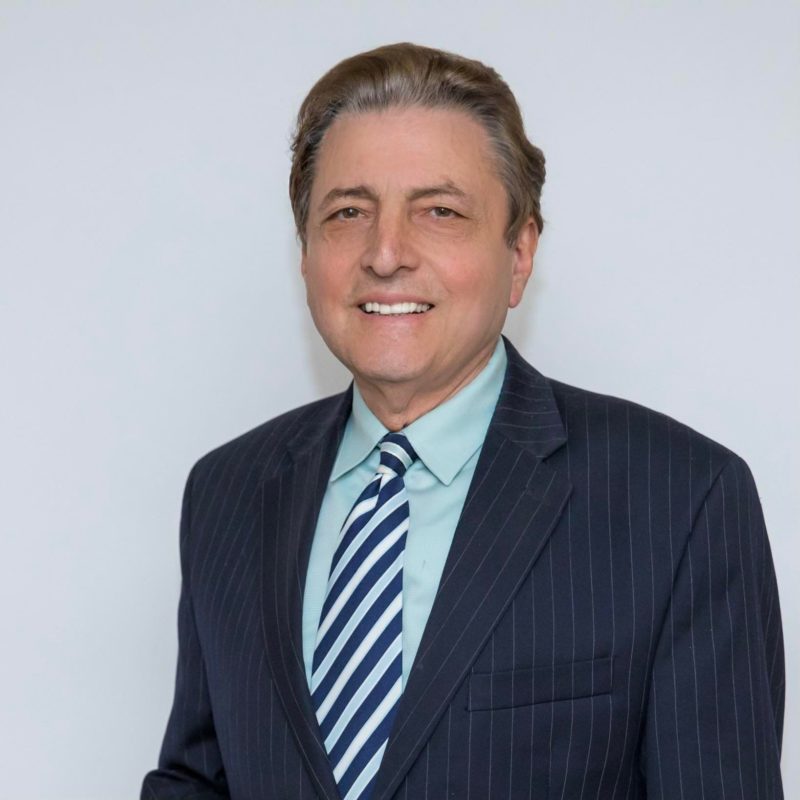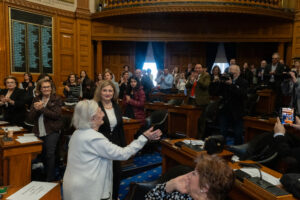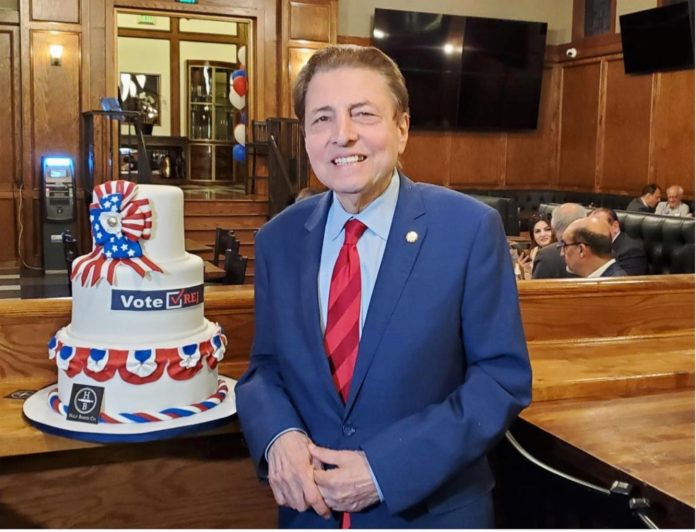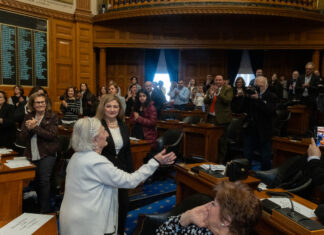WATERTOWN — Vrej Agajanian is running for a second term as a member of the Glendale City Council. Glendale, with its large Armenian population, up until this upcoming June 7 election, has had three Armenians out of its five city council members. Eight candidates are running for the three council seats currently up for election, including two other incumbents, Ara Najarian and Dan Brotman. There is one new Armenian candidate, Elen Asatryan, a former executive director of the Armenian National Committee of America-Glendale and Western Region, and interestingly, two candidates who married Armenians, Isabel Valencia-Tevanyan, with a Peruvian background, and Anita Quiñonez Gabrielian, born in Nicaragua.
Background
Agajanian, born in Tehran, Iran, came to the United States in 1975, and after going back to Iran, he permanently moved to the US in 1980. A graduate of Aryamehr University of Tehran, he soon achieved the California state certification of professional engineer, or P.E.
“From nine years old,” he said, “I have been involved continuously in Armenian organizations.” Agajanian was one of the founders of the Davidian and Mariamian Educational Foundation in Glendale in 1987 but stated that he had to leave it later when he started his television work because of time constraints. He has been chairman of the Armenian Society of Los Angeles (ASLA) and president of the Armenian Engineers and Scientists of America (AESA).
While chairman of ASLA in 1999 and 2000, he related that the city of Glendale wanted to take over by eminent domain its building on Brand Boulevard in order to allow the building of the Americana at Brand shopping, dining, residential and entertainment complex. The city offered $1.2 million but Agajanian realized that was not sufficient due to the high cost of real estate and parking. He negotiated aggressively and obtained a price of $5 million cash, plus the city purchased the land plot he wanted as a replacement, which cost approximately $2 ½ million, and agreed to provide 300 parking spaces in its nearby parking structure. He pointed out that otherwise it would have cost $4 ½ million just to build 300 parking spaces. This negotiation took 2 ½ years and Agajanian considers it one of his major accomplishments for the Armenian community.

Over time, though working as an engineer, he said he became very knowledgeable about Armenian issues. He gave lectures in various parts of the United States, and even Europe, so at one point, he was invited to speak on an Armenian television program. He said he agreed hesitantly because deep down, he was a shy person, despite his active nature. He said that Armenian-language television in California at that time was not focusing on educating its audience overall. On the other hand, he said, “I am an engineer and everything I said was based on facts and figures. I guess they liked it and they invited me again and again.”










